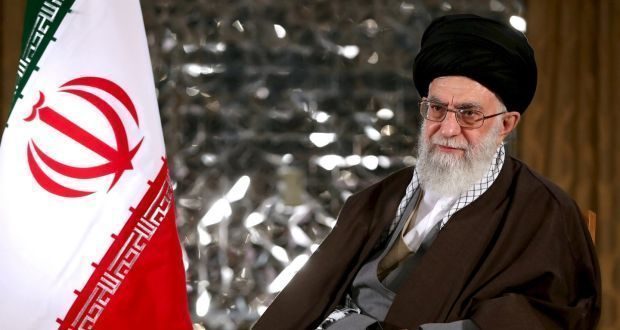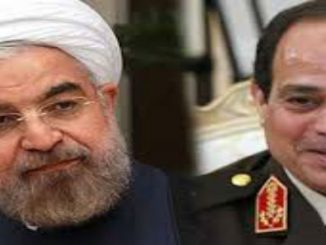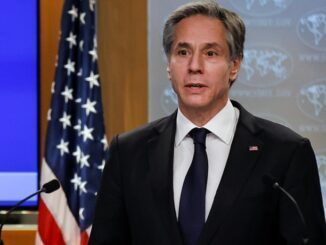
Ayatollah Ali Khamenei, Iran’s Supreme Leader, said that Iran’s war and losses in Syria aim at protecting its own land of the foreign wars, in a new chapter of justifying his regime’s intervention in the area.
believes that if it was not for the Iranian soldiers who were killed in the war in Syria, they would have had to fight American and Zionist agents in Tehran, Persia, Khorasan and Isfahan.
Khamenei said in front of his people and the families of those who were killed, was just to justify the losses of Iran in the war in Syria that is on the borders of his country. His statement might have deep and straightforward importance, such as the threat inside Iran against the regime and that moving the war to outside the borders is for the sake of the regime, according to Mr. Abdulrahman al-Rashed.
Iran’s leadership has been reiterating lately the statements justifying the wars outside its borders to silence the critics that are against sending their troops to unnecessary wars, which would only satisfy the ego of religious and military leaders in Tehran seeking expansion and domination. The longer the war, the bigger the losses, stimulating more condemnation and questioning. The logic of fighting America and the Zionist would become senseless after 30 years – this was a slogan that aimed to retain power.
Iran’s wars in the region
Iran has framed its war effort in sectarian terms, insisting the men it has sent to fight are in Syria to defend the shrine from “Sunni extremists”. In addresses inside Syria, Akram al-Ka’abi, the leader of the Nujaba Front, has exhorted his followers to seek revenge for battlefield losses to Sunni figures in the founding years of Islam.
Iran’s direct goal was to contradict its rival’s plans, Saudi Arabia, and to work on weakening its role in the region to be able to expand without opposition.
Iran was able to force control on Iraq after Saddam’s defeat by empowering the Shiite armed militias and planting Iraqi politic figures that rule the country according to Iran’s plans.
In Yemen, Iran backed the Houthi militias who fought against the Saudi-backed government and overthrown it. The Houthis were able to control large areas of Yemen and Saudi launched a campaign against them but couldn’t neutralize their power. The Houthis then made direct attacks against the Saudi land.
“Yemen will be Saudi Arabia’s Vietnam,” says a contemptuous Iranian official. “It is bleeding the Saudis’ military and diplomatic prestige.” If Saudi Arabia agrees to leave the rest of the region, he says, Iran will let it keep Bahrain, the little island state linked by a causeway to Saudi’s eastern coast.
Iran also firmed its grip on Lebanon, when Saad Hariri, who heads Lebanon’s Sunni bloc and is backed by Saudi Arabia, has accepted the post of prime minister under Hezbollah’s choice for president.
The Hariri-led alliance that struggled with Hezbollah for more than a decade, only to see the heavily armed Shi’ite group go from strength to strength in Lebanon and the wider region.
Iran also supported Assad regime by money and fighters to defend his role, in return to freeing Iran’s hand in Syria to achieve its long-awaited dream. Iran started a demographic change in the Sunni-populated areas in Syria and sought to change the face of the Syrian cities by forcing the Shiite festivals in the heart of Damascus, adding Syria to the list of its controlled areas and making it gradually the 32nd Iranian province.
However, these wars had very high cost, as Iran lost thousands of lives and billions of dollars in its campaign to control the region.
How long can Iran go?
Why does today’s regime need to get involved in further wars to set up its pillars in Iran, especially when it has already eradicated most of its enemies?
Iran is a big country that includes multiple forces that are not necessarily against each other, but are against the regime on the intellectual on the social levels and are against each other on the religious and security levels, which leads to besieging and conflicts. Foreign wars are an old way that helps restoring internal control, undertaken by regimes that do not find a way to control their own internal situation.



